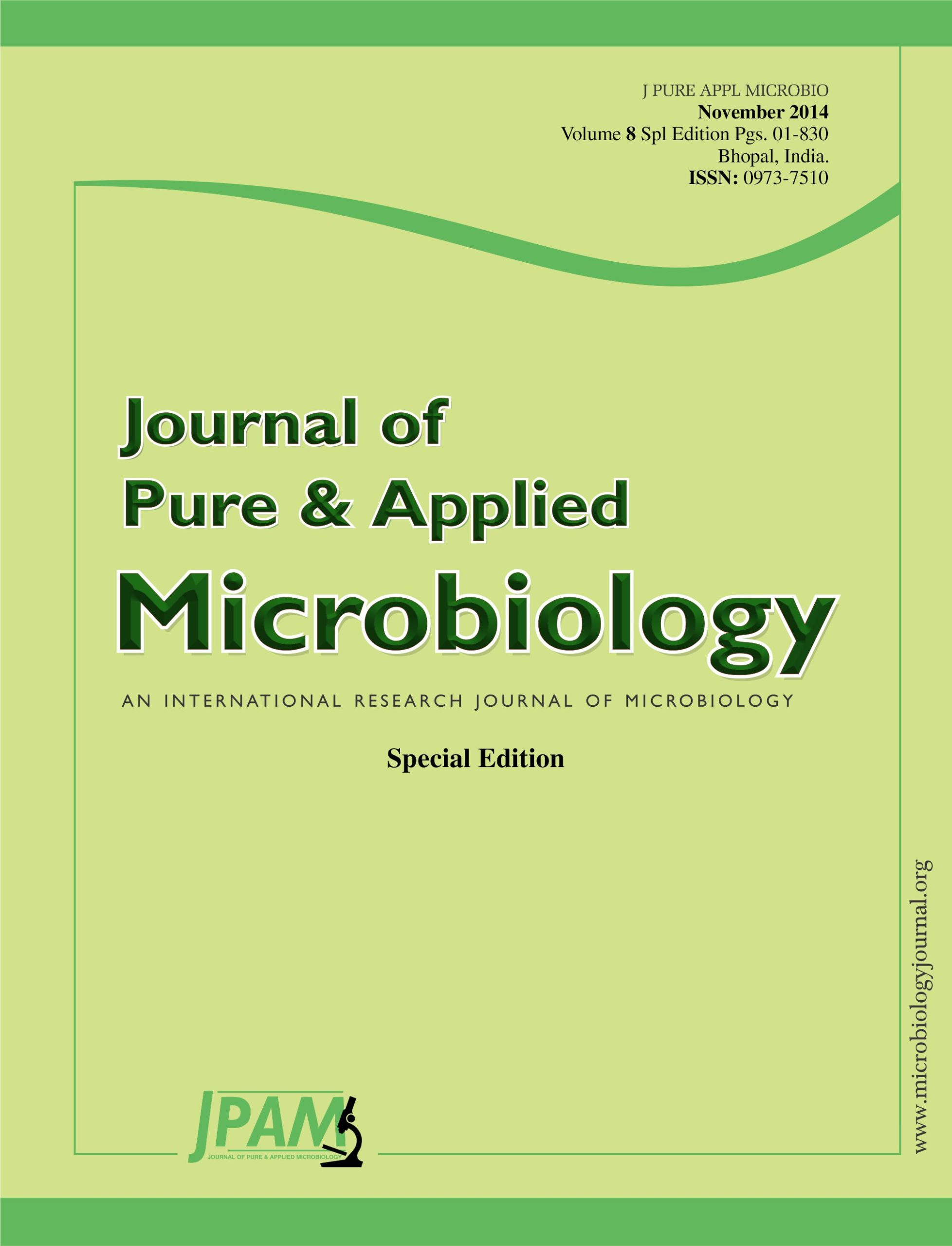Cinnamon (Cinnamomum zeylanicum), clove (Syzygium aromaticum), garlic (Allium sativum) and ginger (Zingiber officinale) extracts were in vitro evaluated against eight Rhizoctonia solani anastomosis groups AGs causing cotton seedlings damping-off. Experimental results were statistically analyzed and the least significant difference was used to compare means. Both of the clove and garlic extracts were significantly suppressed the growth of all tested R. solani AGs but the other two extracts were ineffective. The effectiveness of both clove and garlic extracts were increased as the concentration increase. The potency of such extracts were varied depending on the concentrations and R. solani AGs. All tested R. solani AGs were completely inhibited at the 1.6 % concentration of clove extract. Both of the clove and garlic could be promising as sources of natural eco-friendly phyto-fungicidal compounds for in vivo applications.
Medicinal plants, Phytopathogens, Fungicide, Disease control
© The Author(s) 2014. Open Access. This article is distributed under the terms of the Creative Commons Attribution 4.0 International License which permits unrestricted use, sharing, distribution, and reproduction in any medium, provided you give appropriate credit to the original author(s) and the source, provide a link to the Creative Commons license, and indicate if changes were made.


